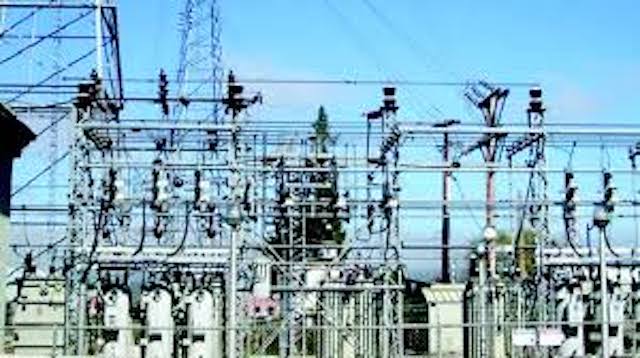Nigeria’s power sector is teetering on the brink of collapse, threatened by a looming nationwide blackout due to a staggering N5.6 trillion debt owed to power generation companies (GenCos). This massive debt has crippled the ability of GenCos to purchase the necessary gas to fuel power plants, forcing gas suppliers to drastically reduce their deliveries. This precarious situation, confirmed by Dr. Joy Ogaji, CEO of the Association of Power Generation Companies (APGC), follows a recent national grid collapse that plunged the country into darkness, highlighting the fragility of the power infrastructure. While partial restoration has been achieved, with approximately 4,000 megawatts restored, many plants are still operating significantly below capacity, leaving the country vulnerable to further outages. The core issue lies in the chronic liquidity crisis plaguing the sector, exacerbated by a complex web of unpaid invoices and legacy debts. Ogaji warns that without immediate intervention, the situation could spiral out of control, leading to prolonged and widespread blackouts.
The magnitude of the debt crisis is alarming. From January to August 2025 alone, the debt owed to GenCos has ballooned by an additional N1.6 trillion, bringing the total to a staggering N5.6 trillion. This escalating debt directly impacts gas suppliers, who account for roughly 60% of GenCos’ operational expenses. With payments consistently delayed or completely withheld, gas suppliers are left with little choice but to curtail their supplies, effectively choking the power generation process. The ripple effects are devastating, impacting critical maintenance work, the procurement of essential spare parts, and the ability to meet obligations to other creditors. This vicious cycle of debt and underpayment creates a debilitating environment where sustaining even minimal power generation becomes nearly impossible. The situation is further compounded by a market structure that discourages private sector investment, leaving the sector reliant on government intervention that has so far proven insufficient.
Despite a meeting between President Bola Tinubu and GenCos in July, where the President acknowledged the N4 trillion debt and promised a bond program to address the liquidity gap, little progress has been made. Ogaji expressed deep concern over the lack of follow-up engagement from the government, leaving GenCos in a precarious financial position. The absence of concrete action and a clear roadmap for debt settlement breeds uncertainty and undermines investor confidence. The proposed N900 billion allocation for the power sector in the 2025 federal budget, without any cash backing, has been deemed grossly inadequate to address the enormity of the crisis. The proposed solution of promissory notes to settle the debt has also been met with skepticism due to a lack of clarity on the terms and conditions of these instruments.
The uncertainty surrounding the promissory notes raises several critical concerns for GenCos. The lack of details regarding interest rates, foreign exchange volatility, credit risk, and liquidity risk makes it difficult to assess the true value and viability of these instruments. The fact that promissory notes cannot be readily traded in the open market further complicates matters, creating refinancing risks upon maturity. GenCos are understandably hesitant to accept a solution that could potentially exacerbate their financial woes and jeopardize their relationships with other creditors. They emphasize the need for transparent and well-defined terms before committing to any agreement, highlighting the importance of contractual obligations and financial stability. The government’s failure to address these concerns only deepens the distrust and hinders the prospects of a viable resolution.
The proposed promissory notes raise further questions about their exclusivity and potential dilution. Ogaji questions whether these notes will be solely for GenCos or shared with other government contractors, potentially reducing the likelihood of timely settlement for power producers. This uncertainty adds another layer of complexity to an already precarious situation, emphasizing the need for clear communication and concrete action from the government. The APGC boss stressed the importance of urgent engagement between GenCos, the Federal Government, the Nigerian Electricity Regulatory Commission (NERC), the Debt Management Office (DMO), and the Nigerian Bulk Electricity Trading Plc (NBET) to find viable and sustainable solutions. She warned that without immediate intervention and a comprehensive plan to address the debt crisis, the country risks being plunged into another round of prolonged blackouts.
The current situation paints a bleak picture of Nigeria’s power sector. The combination of a crippling debt burden, a lack of government action, and an unstable market structure threatens to push the sector into a deeper collapse, with dire consequences for the entire nation. The resulting power outages would severely impact homes, businesses, and the overall economy, hindering growth and development. While GenCos have expressed their patriotic commitment to keeping the lights on, they emphasize that patriotism alone cannot sustain power plants. The government must act swiftly and decisively to address the root causes of this crisis, providing a clear pathway to debt settlement, fostering a more stable market environment, and ensuring the long-term viability of the power sector. The alternative is a descent into darkness, with far-reaching and debilitating consequences for the country and its people.














